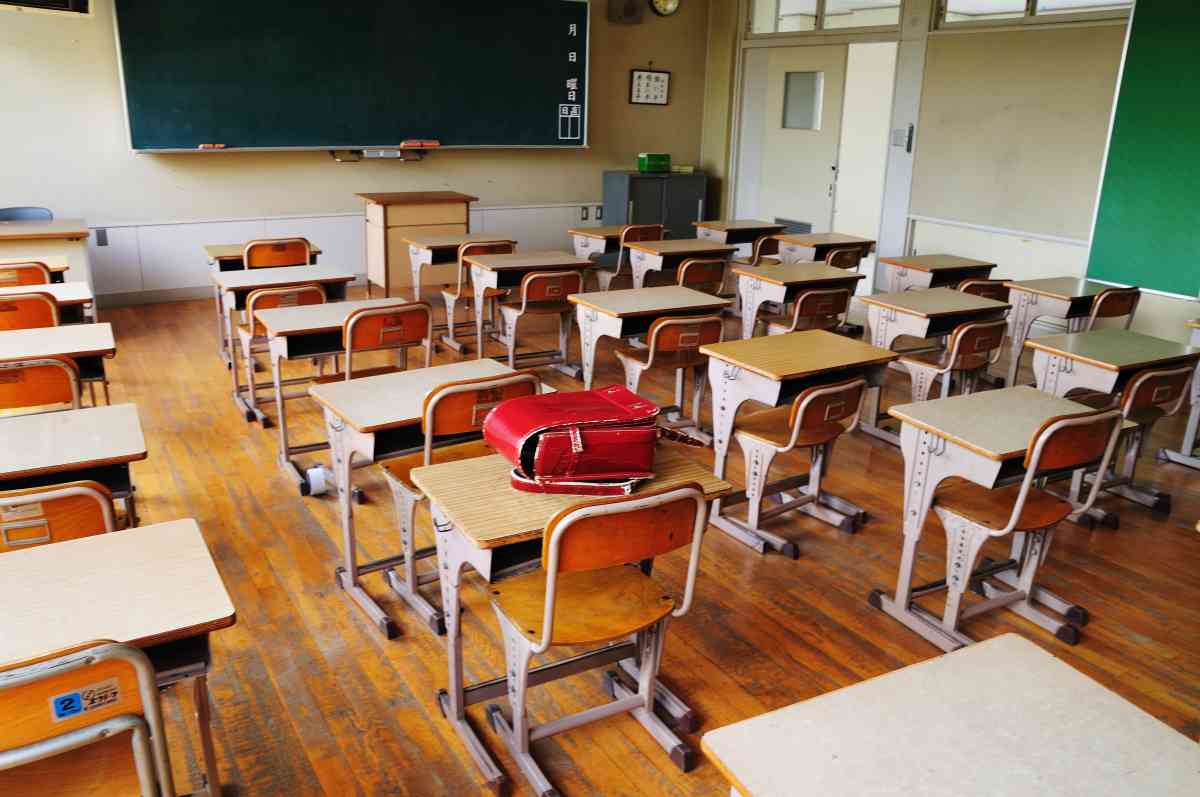Ensuring safe, partial re-opening of schools
The 104 federal unity schools in Nigeria as well as junior and secondary schools in some states of the federation re-opened yesterday Tuesday August 4, 2020 specifically for graduating students. Others are expected to re-open within the week as they fulfill the requirements for resumption. This followed an earlier announcement by the Federal Ministry of […]

The 104 federal unity schools in Nigeria as well as junior and secondary schools in some states of the federation re-opened yesterday Tuesday August 4, 2020 specifically for graduating students. Others are expected to re-open within the week as they fulfill the requirements for resumption.
This followed an earlier announcement by the Federal Ministry of Education which indicated that the West African Senior School Certificate Examination (WASSCE) would start on August 17, 2020.
- We’re still worried over school reopening – FG
- FG urges strict adherence to COVID-19 protocols as schools resume
The Minister of State for Education, Mr Chukwuemeka Nwajiuba, clarified that primary schools and other classes were excluded from the decision.
The decision to re-open schools was reached at a virtual consultative meeting between the minister of education and major stakeholders including all commissioners of education in the 36 states and the Federal Capital Territory (FCT), the Nigerian Union of Teachers (NUT), proprietors of private schools, and chief executives of examination bodies.
In an official statement, the Director of Press and Public Relations of the ministry, Ben Bem Goong said, “It was agreed that the exit classes should resume immediately after the Sallah break, from 4th August 2020 to enable them prepare for the WAEC examinations scheduled to commence from 17th August, 2020”.
It would be recalled that the federal government had on March 19, 2020 ordered the closure of all tertiary, secondary and primary schools nationwide over the outbreak of the COVID-19 in the country. Meanwhile, new dates have been announced for the conduct of all national examinations.
The comprehensive schedule released by the federal government shows that the examinations are to hold from August 17 to November 18, 2020.
While the SSCE organised by the National Business and Technical Examination Board (NABTEB) will start on September 21 and end on October 15, the SSCE administered by the National Examinations Council (NECO) will begin on October 5 and end on November 18.
The Basic Education Certificate Examination (BECE) for junior secondary students, also conducted by NECO, will start on August 24 and end on September 7.
Furthermore, the examination organised by the National Board for Arabic and Islamic Studies (NBAIS) will commence on September 23 and end on October 17.
Sequel to the announcement for schools’ re-opening, the Special Assistant to Governor Dapo Abiodun of Ogun State on Primary and Secondary Education, Mrs Ronke Soyombo said, “Part of the strong condition of admittance to school for boarding is the COVID-19 certificate showing NEGATIVE.”
The directive required the returning students in private secondary schools to pay a fee of N25,000 to enable them undergo malaria and COVID-19 tests at government-designated facilities in the state.
In their reaction, parents of students on Sunday August 2, staged a protest over the imposition of N25,000 COVID-19 test fee.
They insisted that the COVID-19 test should be free, noting that asking them to pay N25, 000, to get a child tested, without being mindful of the current economic reality in the country, was the height of insensitivity.
Swiftly responding to the protest, Governor Dapo Abiodun on Monday August 4 ordered the immediate stepping down of the COVID-19 test as a mandatory requirement for returning students in the exit classes.
He equally directed that “Government laboratories carry out tests for all returning SS3 boarding students at no cost”.
Those that have paid for the tests will also be refunded. State governors who wanted to introduce COVID-19 testing fee for students should therefore queue behind Governor Abiodun and vacate the ambition.
While we urge schools to ensure compliance with resumption protocols including taking students temperature at school gate, we encourage school administrators to use the two weeks period before the commencement of examinations to vigorously prepare students for the exams through extensive revision exercises.
To achieve safe examinations, social distancing should be observed using all available classroom spaces in the school since students in others classes are still at home.
However, this would require invigilators, examination officers and examination officials to be extra-vigilant in checking malpractices among students.
Health authorities are advised to regularly monitor all examination centres in order to promptly contain any sudden rise of coronavirus among students.
